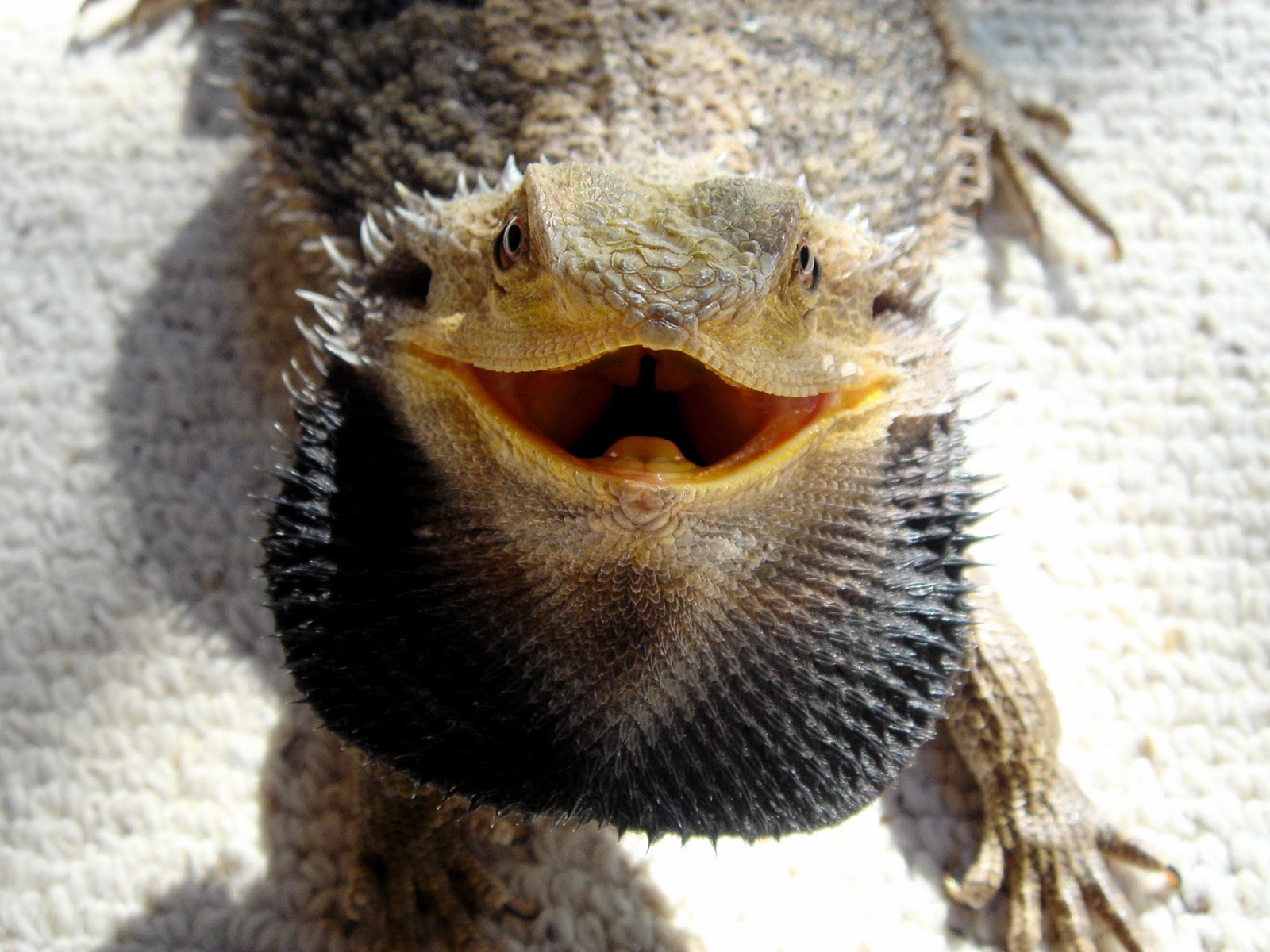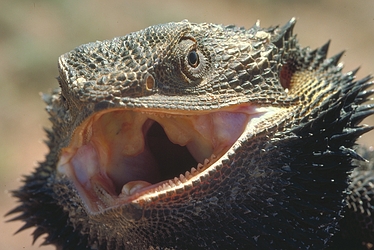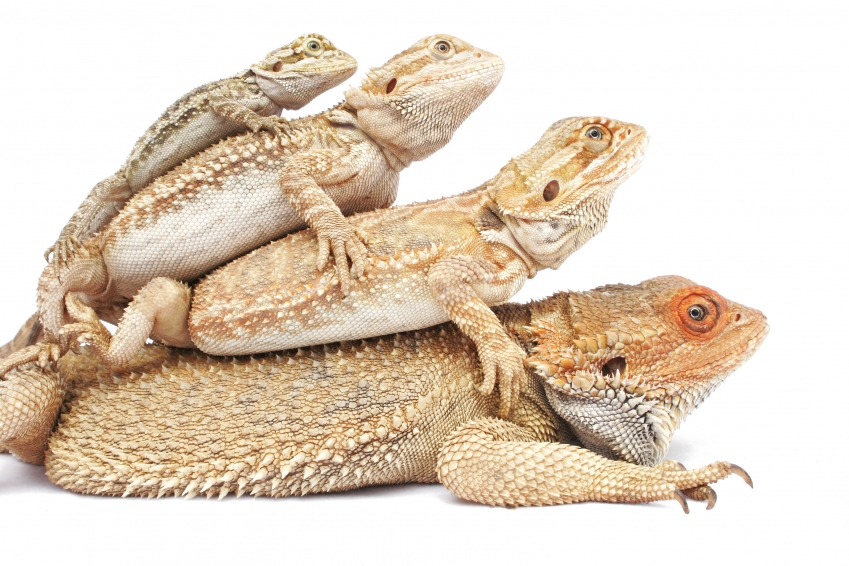Bearded Dragon Mean: Understanding Their Aggressive Behaviors
Bearded Dragon Mean: Understanding Their Aggressive Behaviors
Bearded dragons are fascinating and friendly reptiles that make great pets. However, they are also known for exhibiting aggressive behaviors such as biting, tail whipping, and head bobbing. While these behaviors can be concerning for beginner pet owners, they are actually a natural part of a bearded dragon’s behavior. In this blog post, we will discuss the reasons behind aggressive behavior in bearded dragons, what to do to prevent it, and how to train your bearded dragon to be friendlier.
Why Do Bearded Dragons Show Aggressive Behavior?
Aggressive behavior in bearded dragons can be caused by a variety of reasons. Here are some of the common triggers:
- Fear - Bearded dragons can become aggressive if they feel threatened or scared. For example, if they are being handled by someone they are not used to or if they are approached too quickly.
- Territorialism - Male bearded dragons can become aggressive towards other males and females during breeding season. They may also become territorial of their living space or food source.
- Stress - Bearded dragons can become stressed if they are kept in an environment that is too noisy, crowded, or not suitable for their needs. This can lead to aggressive behavior.
- Illness or Pain - If your bearded dragon is experiencing pain or illness, it may become more aggressive than usual.
- Habit - Some bearded dragons may have learned to exhibit aggressive behavior as a way to get attention or to get what they want.
What to Do to Prevent Aggressive Behavior in Bearded Dragons
Preventing aggressive behaviors in bearded dragons is key to maintaining a happy and healthy pet. Here are some tips to help prevent aggressive behavior:
- Create a comfortable living space - Make sure your bearded dragon has access to a suitable living space that is not overcrowded and has proper temperature control and lighting.
- Handle with care - Always handle your bearded dragon gently and slowly. This will help them become comfortable with being handled and prevent them from feeling threatened.
- Avoid surprises - Avoid approaching your bearded dragon suddenly or startling them. This can trigger their aggressive behavior.
- Provide proper diet and hydration - Make sure your bearded dragon is getting a proper diet that is suitable for their age and size. Also, provide access to clean water at all times.
- Regular veterinary checkups - Regular checkups with a veterinarian can help detect any signs of illness or pain that may be causing aggressive behavior.
Training Your Bearded Dragon to Be Friendlier
While it is important to prevent aggressive behavior in bearded dragons, it is also possible to train them to be friendlier. Here are some tips:
- Build trust - Spend time with your bearded dragon and let them get used to you. Start by hand feeding them treats, which will help them associate you with positivity.
- Positive reinforcement - Reward your bearded dragon with treats or affection when they exhibit friendly behavior. This will help reinforce that positive behavior is good and will be rewarded.
- Training sessions - Set aside specific times each day for training sessions with your bearded dragon. This can include practicing new tricks or simply handling them in a way that they become more comfortable with.
- Socialization - Introduce your bearded dragon to other pets or people in a controlled environment. Make sure to supervise interactions and reward positive behavior.
- Patience - Training your bearded dragon to be friendlier takes time and patience. It is important to remember that each bearded dragon has its own personality and some may take longer to become comfortable with humans than others.
Conclusion
Bearded dragons are wonderful pets that have the potential to exhibit aggressive behaviors. However, by understanding why they may act aggressively, and taking steps to prevent and train them, you can have a happy, healthy, and friendly bearded dragon. Remember to always handle your pet with care and respect, and seek veterinary advice if you are concerned about their behavior.







